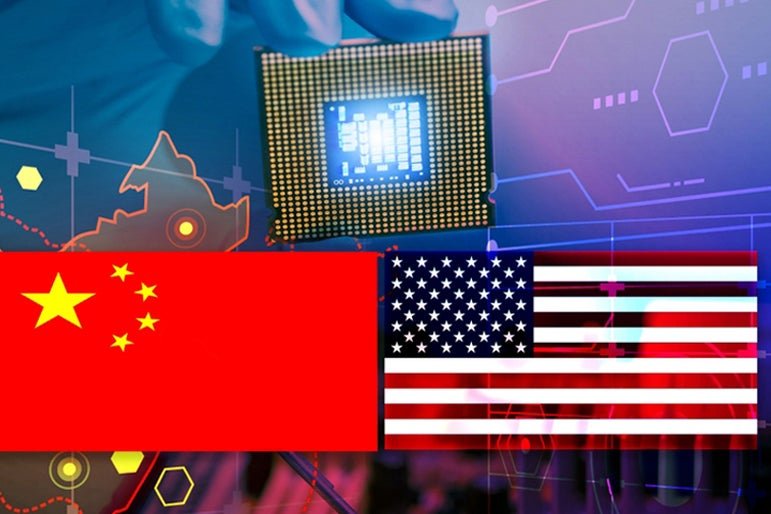China Phases Out US Microprocessors from Intel and AMD in Government PCs and Servers
In a bold move, China has recently announced new guidelines aimed at phasing out US microprocessors from Intel Corp. (INTC) and Advanced Micro Devices, Inc. (AMD) in government PCs and servers. Instead, the country will opt for domestic technology solutions in an effort to reduce reliance on foreign technology.
The new procurement rules are part of China’s broader strategy to replace foreign technology with homegrown alternatives. The guidelines also include plans to replace Microsoft’s Windows operating system and foreign-made database software with domestic options, as reported by the Financial Times.
Introduced by the Finance Ministry and the Ministry of Industry and Information Technology (MIIT) on December 26, these new rules represent China’s most significant step yet towards building up domestic substitutes for foreign technology. This move reflects similar efforts in the US amidst escalating tensions between the two countries.
Under the new guidelines, government agencies and party organs above the township level are now required to include criteria for “safe and reliable” processors and operating systems in their purchases. The state testing agency, China Information Technology Security Evaluation Center, has already published its first list of approved processors and operating systems, all from Chinese companies.
The transition away from foreign hardware is expected to have an impact on US companies, particularly Intel and AMD, which have significant market shares in China. The shift towards domestic providers is anticipated to be completed by 2027.
Both Microsoft and Intel declined to comment on the matter, while AMD did not respond to a request for comment.
This move by China is not entirely unexpected, as the country had previously announced plans to replace all foreign PC hardware and operating systems with domestic alternatives within two years. This aggressive push is part of Beijing’s long-term campaign to replace imported technology with local alternatives, citing rising privacy concerns as a primary motivation.
Overall, China’s decision to phase out US microprocessors in government PCs and servers marks a significant shift in the global technology landscape. It underscores the country’s determination to strengthen its domestic technology sector and reduce reliance on foreign suppliers. As tensions between the US and China continue to escalate, the tech industry is likely to witness further developments in the coming years.




